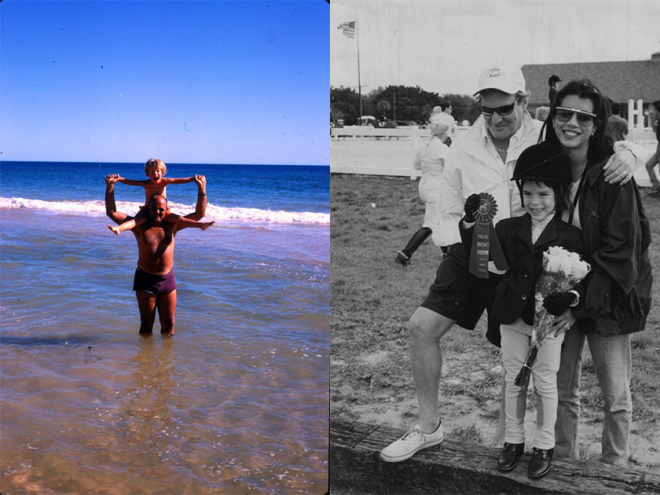Can a single mistake redirect the trajectory of an entire family? Such is the question haunting Dani Shapiro’s new novel, Signal Fires. In the mid-1980s, a teenage girl’s careless error sets the stage for a fatal misstep by her brother — the result of which forever changes every member of their once-comfortable, nuclear family. Shapiro elevates this trope with her elegant writing, supported by a clever plot, relatable characters, and brisk pacing. She also delves into metaphysics, with each damaged character navigating an altered reality and finding his or her place within an interconnected universe.
When the novel opens, Sarah and Theo Wilff are teenagers whose innocence comes to an abrupt end. They are responsible for someone’s death, a horror that ultimately involves their father, Ben. The family buries the secret until it begins to fester in each of them. Indeed, for the siblings, “Silence didn’t make it go away but instead drove the events of that night more deeply into each of them. Neither of them had ever been able to unsee what they saw, unhear what they heard.” Even Mimi, the otherwise-thoughtful mother and wife, shies away from the truth when Ben attempts to tell her what he knows. “We don’t have to talk, Ben,” she says. “ … Let’s not talk.”
Shapiro veers dizzyingly back and forth from one time period to another, ultimately spanning fifty years; within these periods she often flashes forward to reveal tantalizing snippets of future lives. Early in the novel, she describes Waldo Shenkman, a neighbor, as a three-year-old who “doesn’t use his words” — and then, in the same paragraph, as a grown man “unable to use his words” with his frustrated wife. It’s a testament to Shapiro’s abilities as a writer that we never feel whiplashed when being conveyed from one time period to another. Instead, the nonlinear narrative immerses us in the five main characters’ most transformative moments.
Upon reuniting with his sister after years of absence, Theo reflects that “ … he’d like to take this suspended moment — the new millennium already careening inexorably forward — and roll it back instead. Back, back through layers of time to a split second when things could have gone differently, if only they had known.… If only they could … stop it there, right there, at the small but indelible spot they missed the first time around, if only, then perhaps their whole family could begin again.”
Layered and finespun, Signal Fires ends with the family arriving, in the earliest time period featured yet, at their new address. As they enter the house, the narrator muses, “If you were to see them, Ben and Mimi Wilff, as they begin their lives in Avalon, you would wish them Godspeed. You would hope they know how lucky they are, and how blessed.”
Amy Spungen, a freelance editor and writer, has a BS in journalism from Virginia Commonwealth University and an MA in English from Northwestern University. She lives near Chicago in Highland Park, Illinois.





